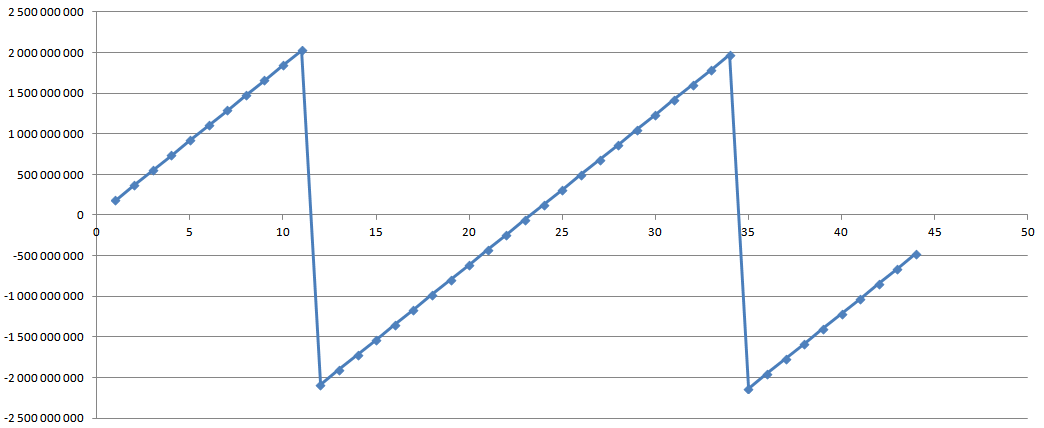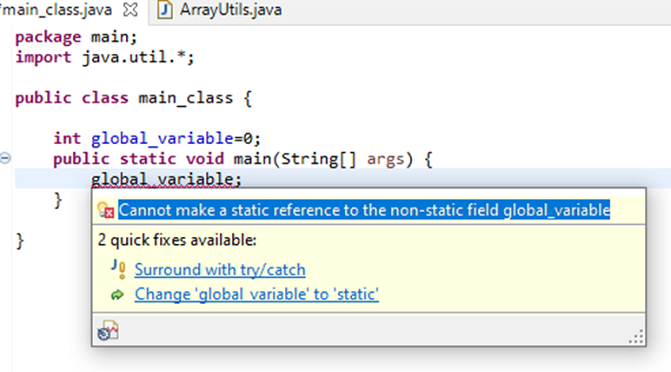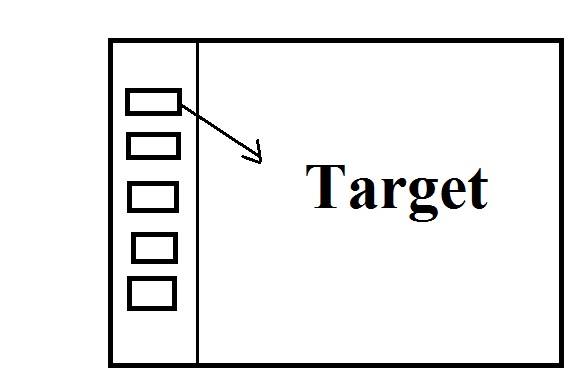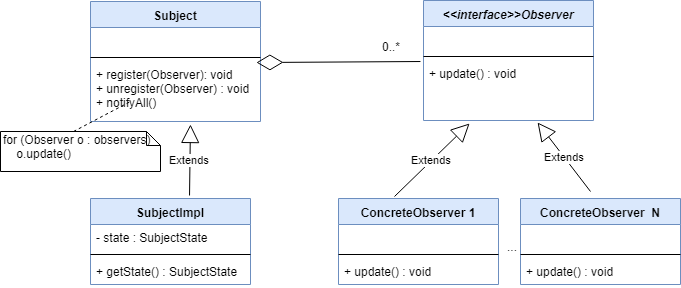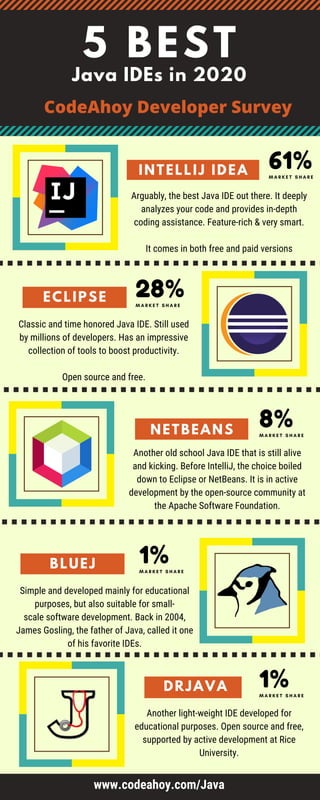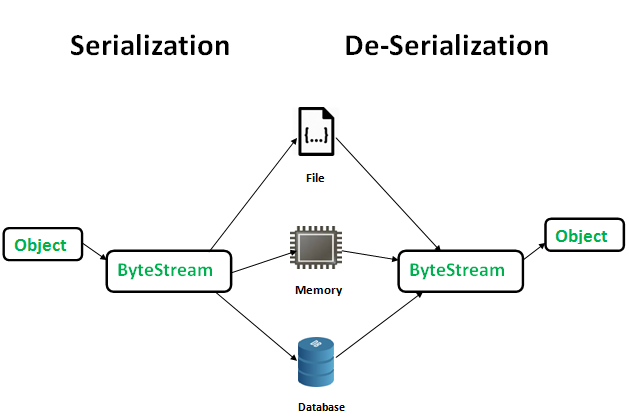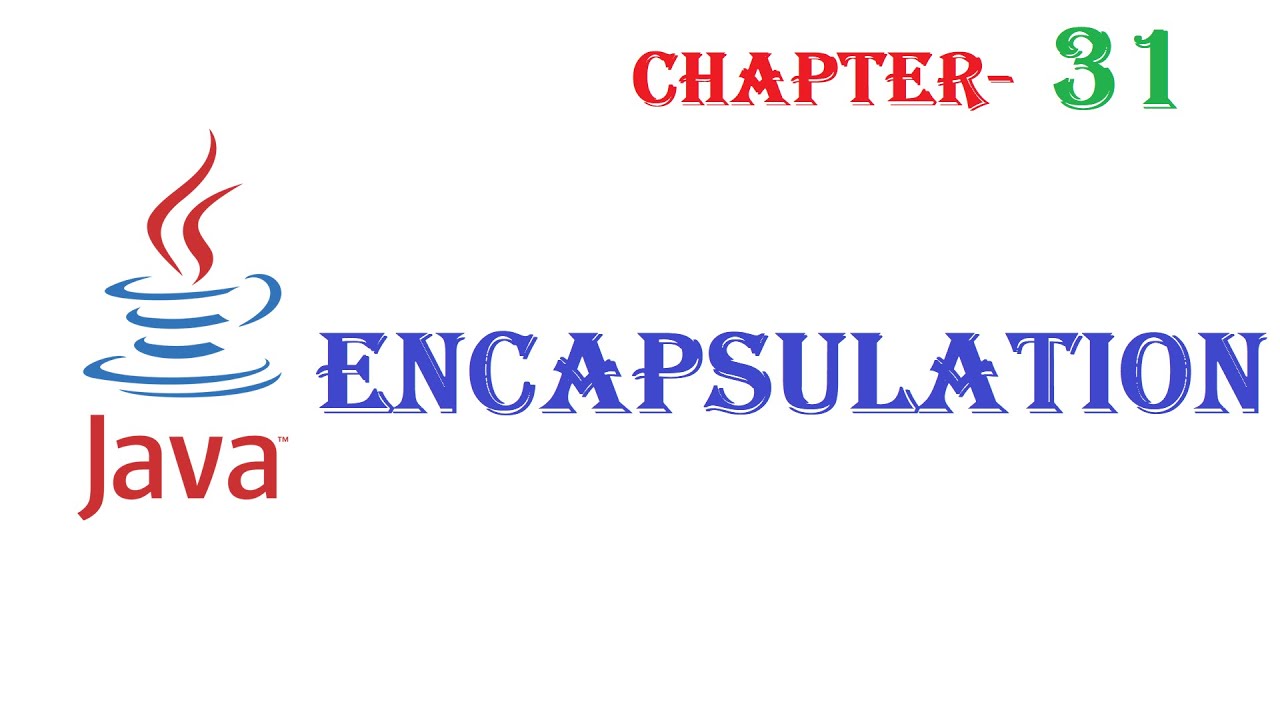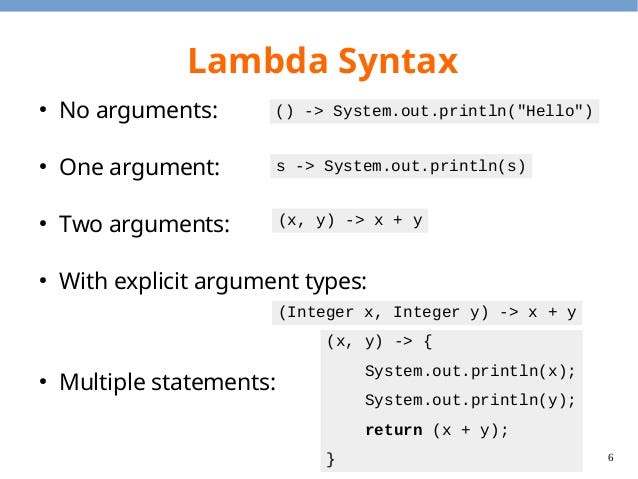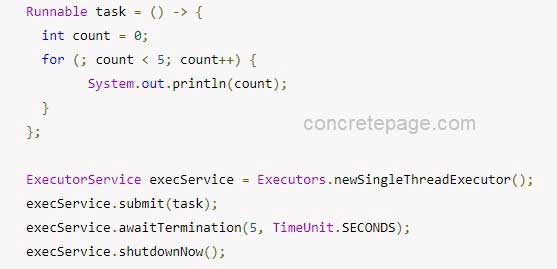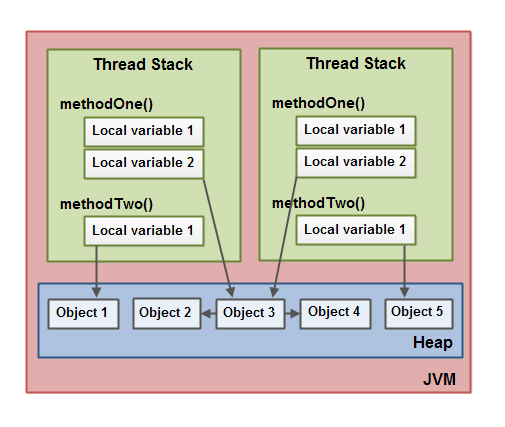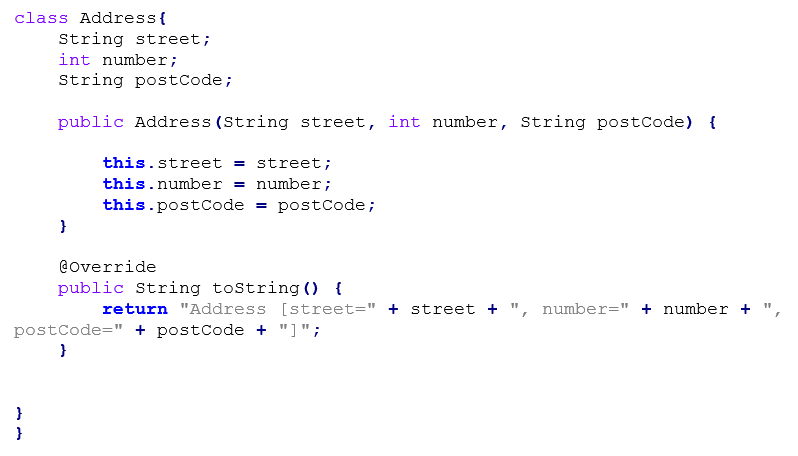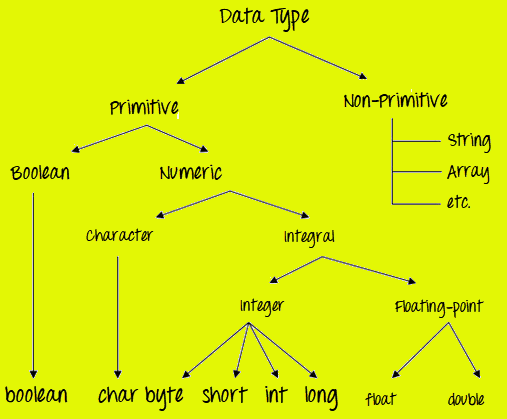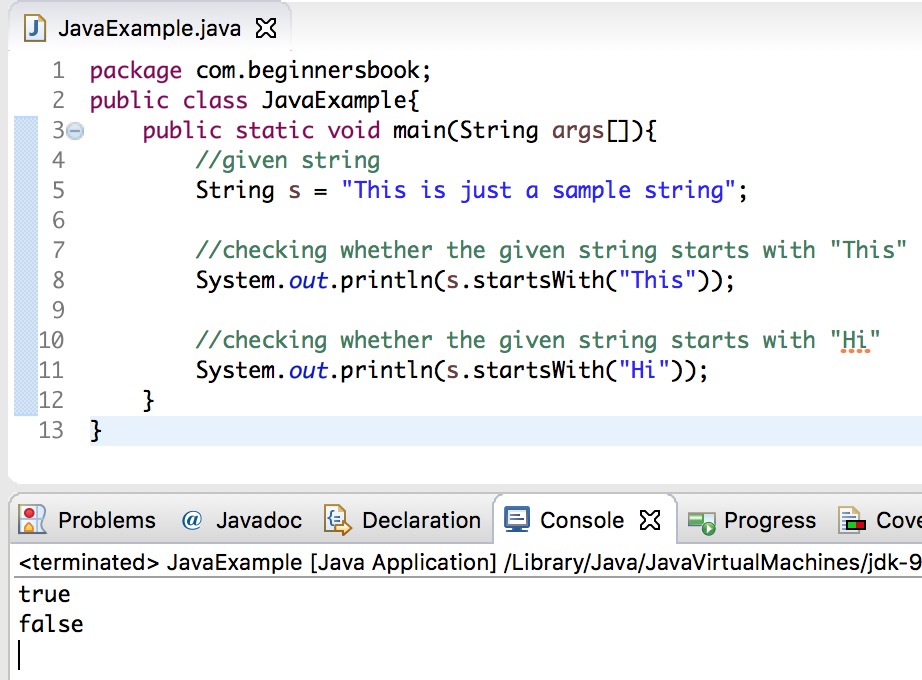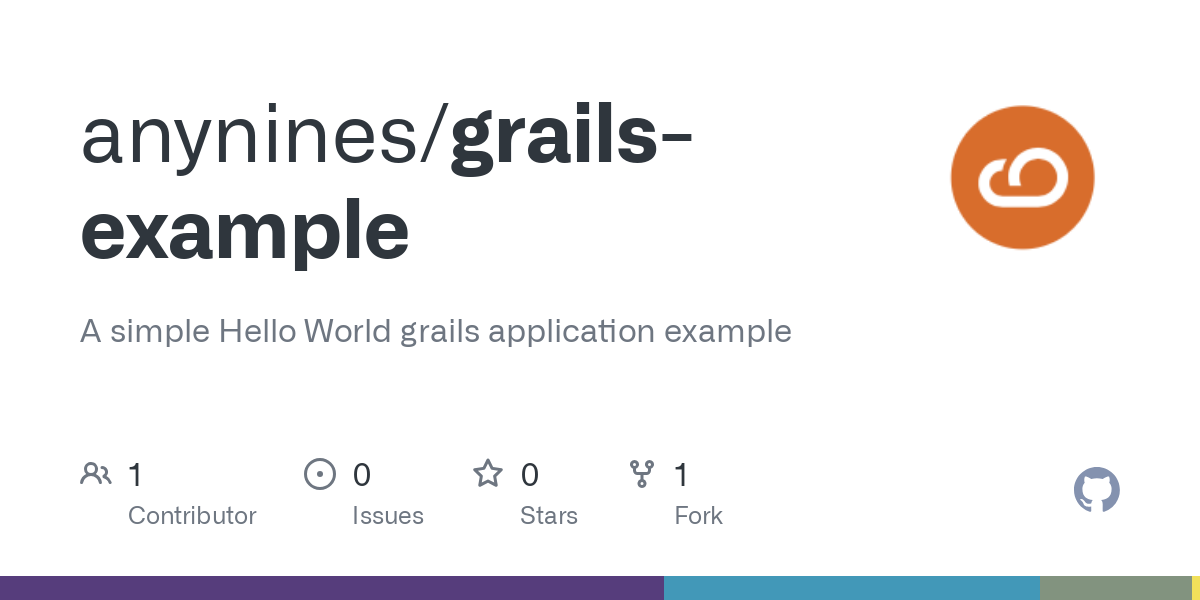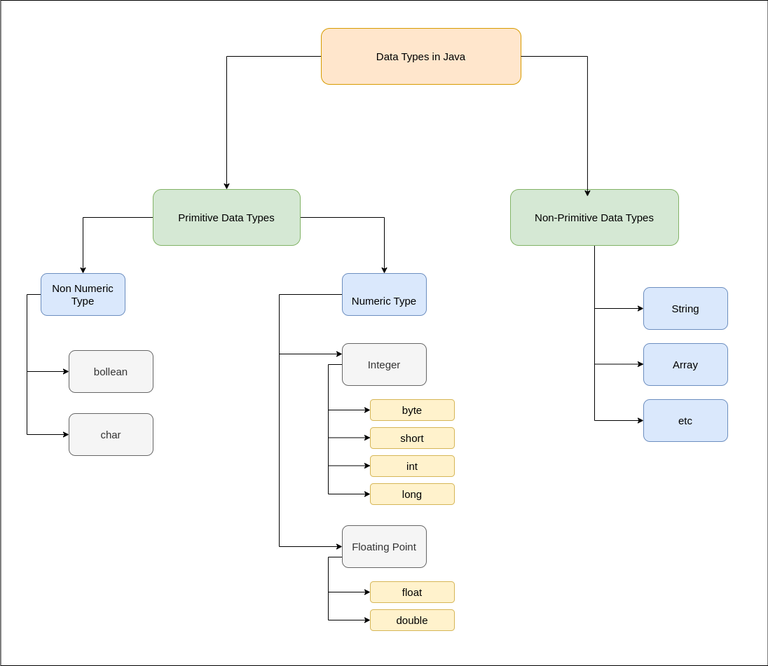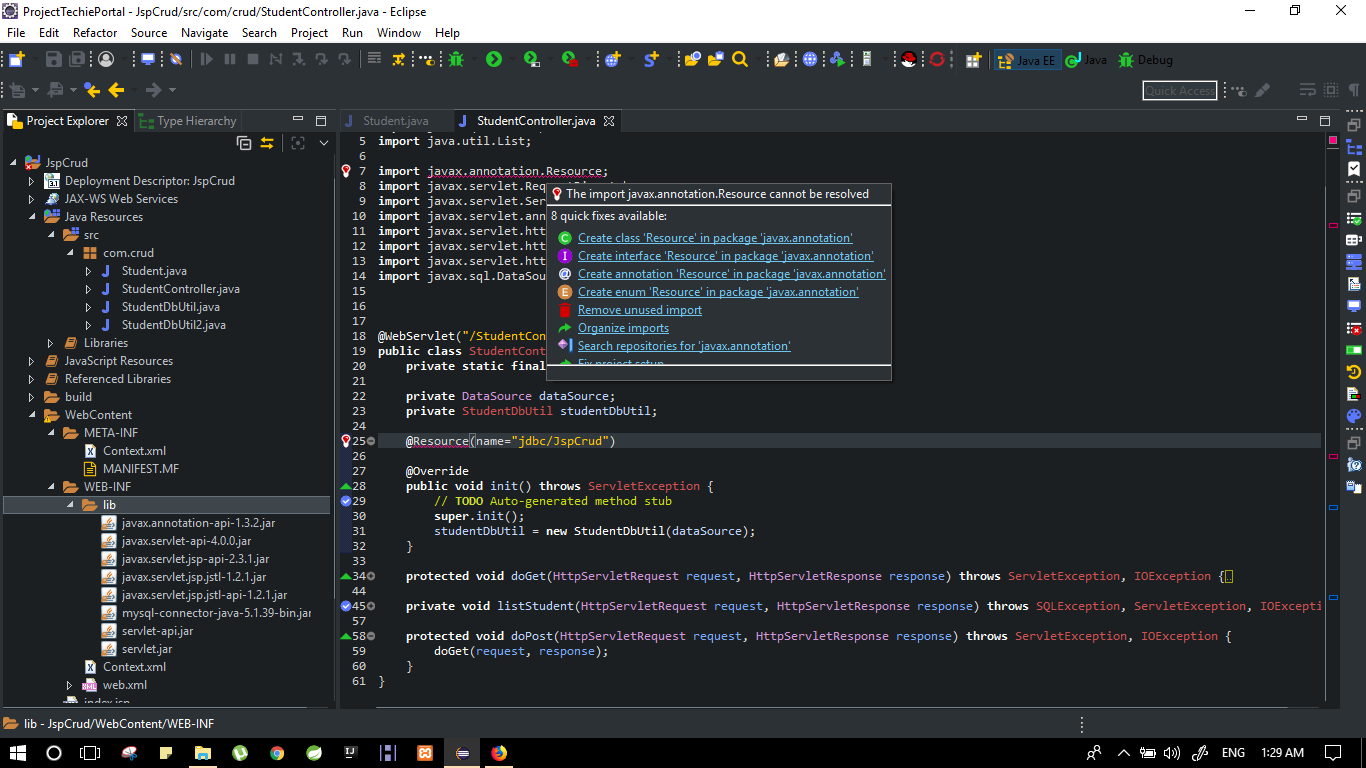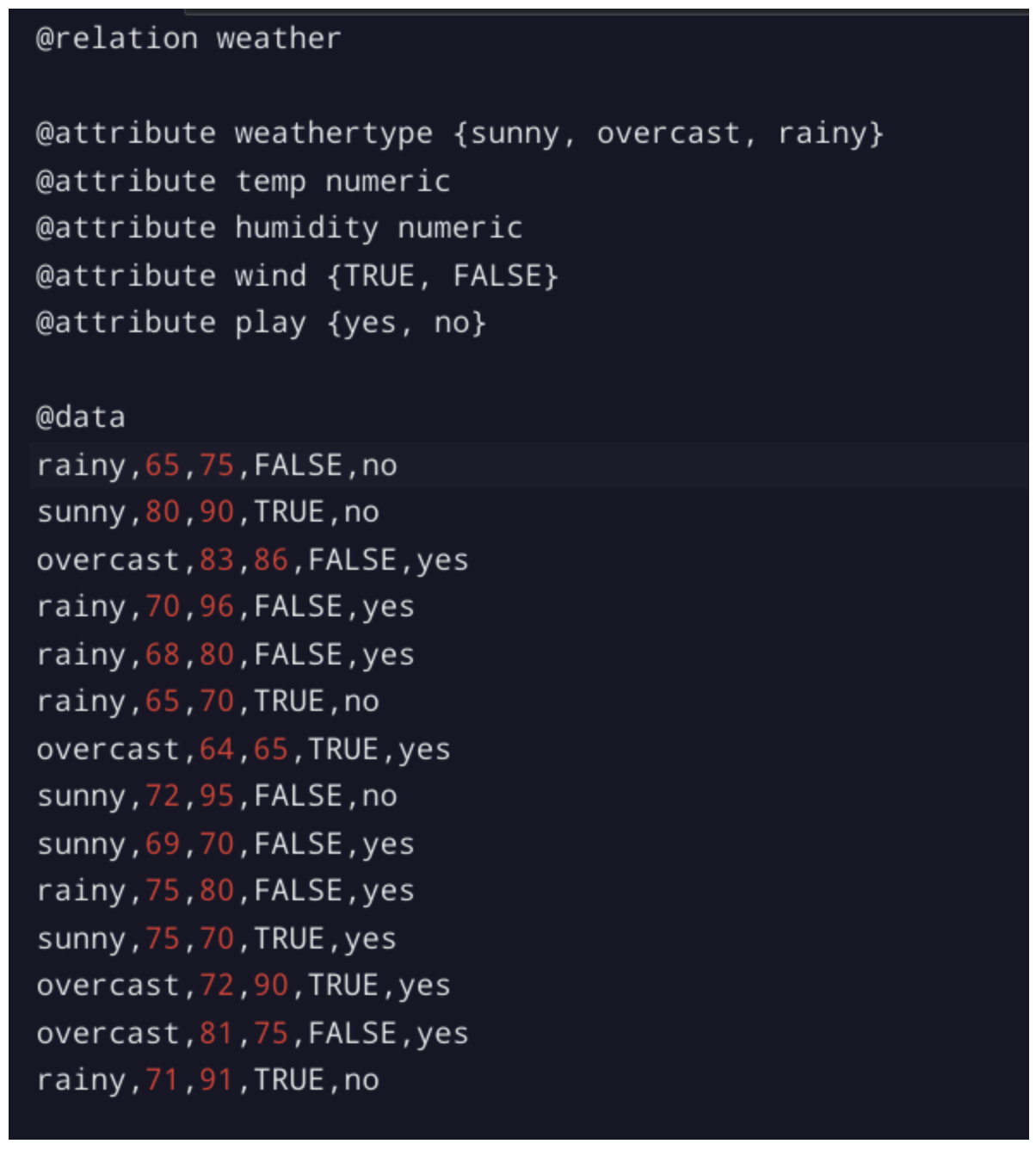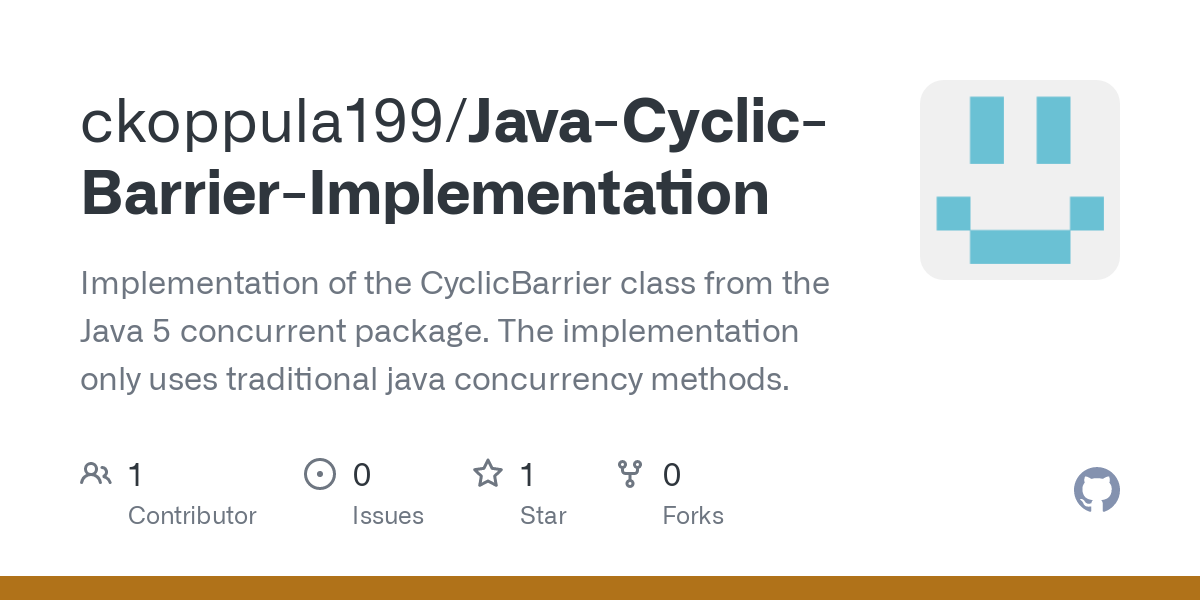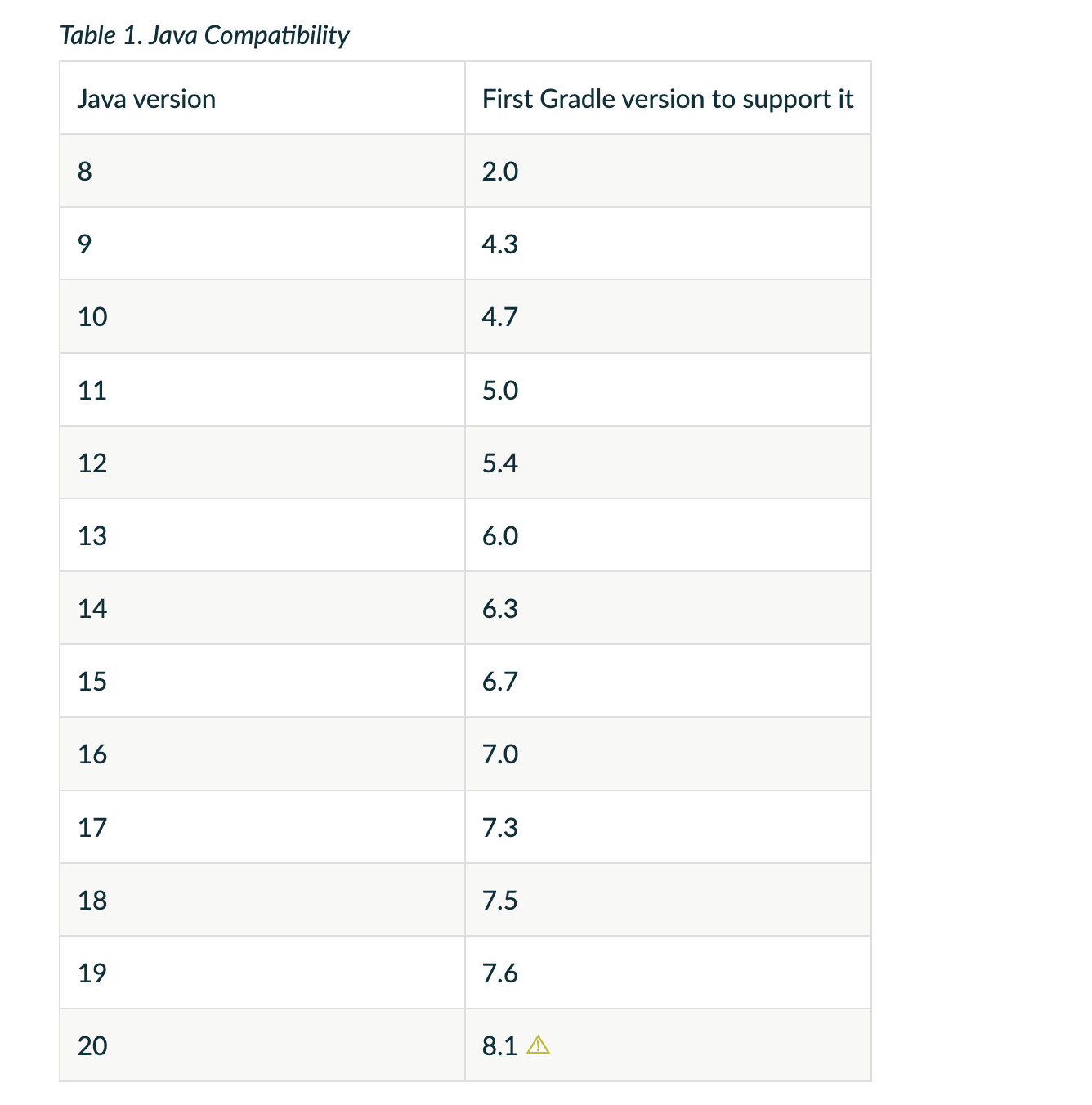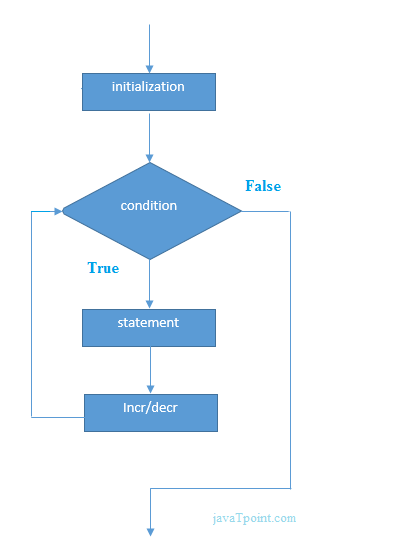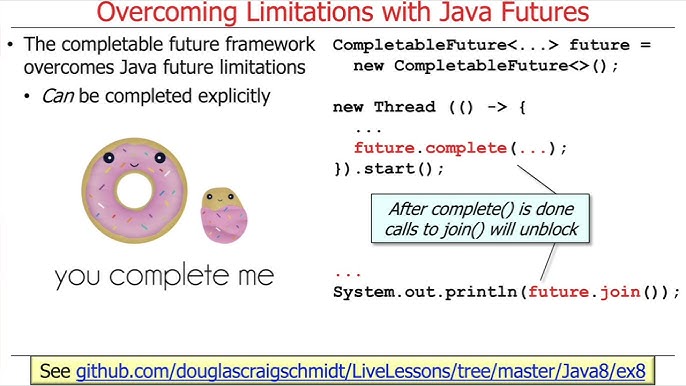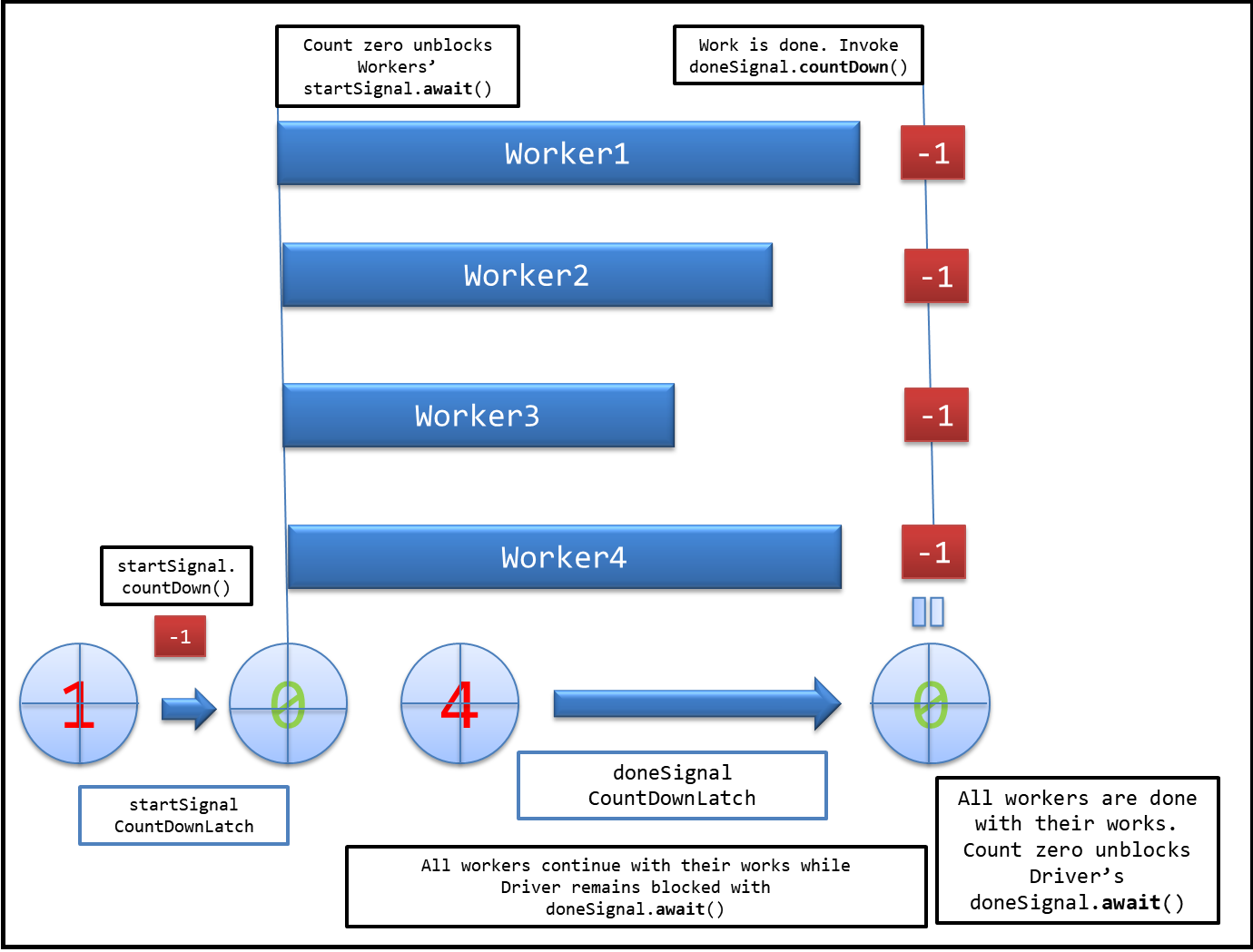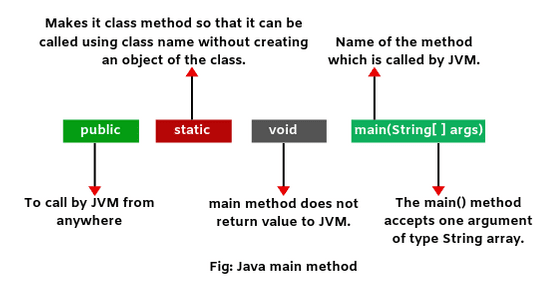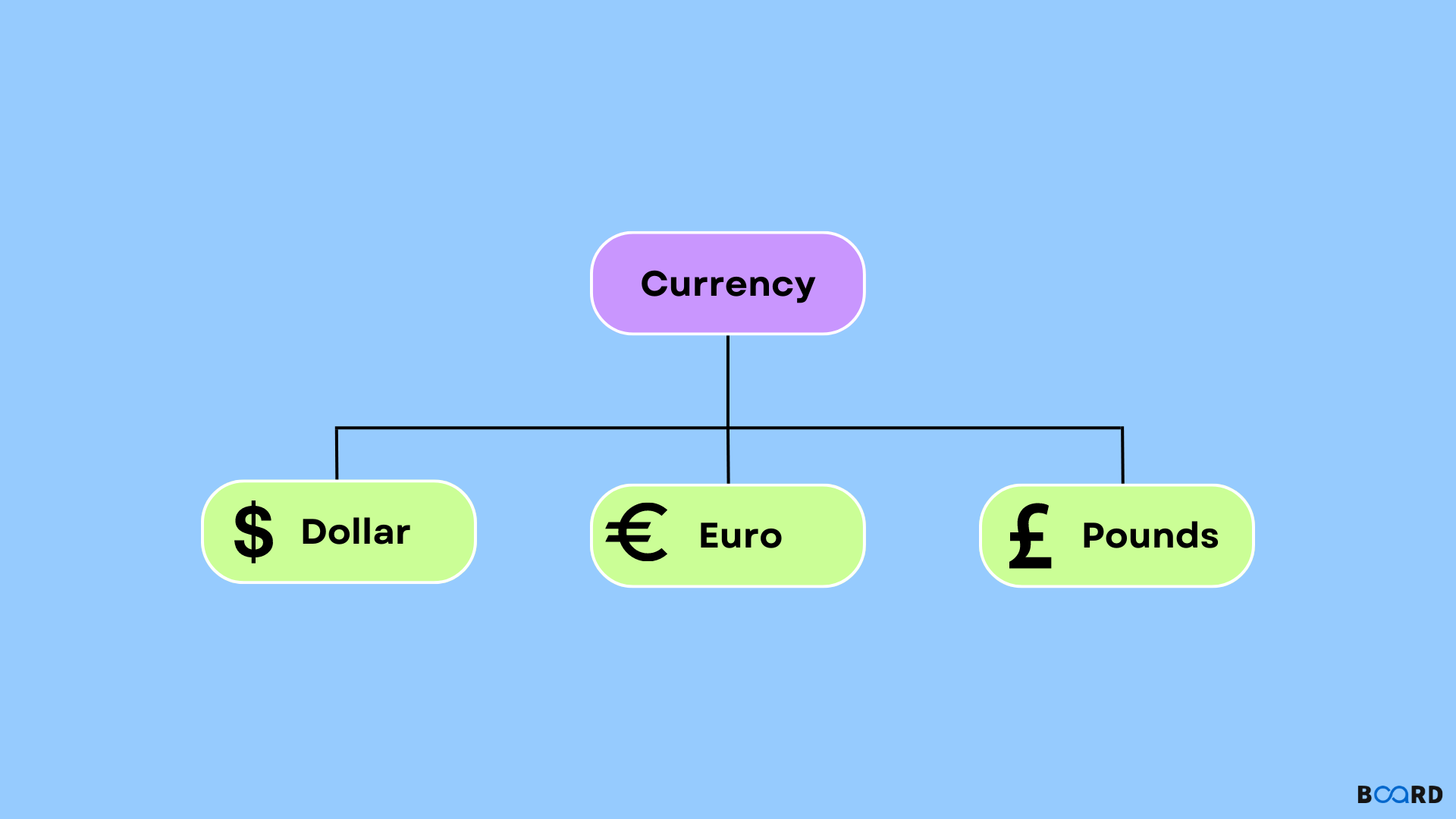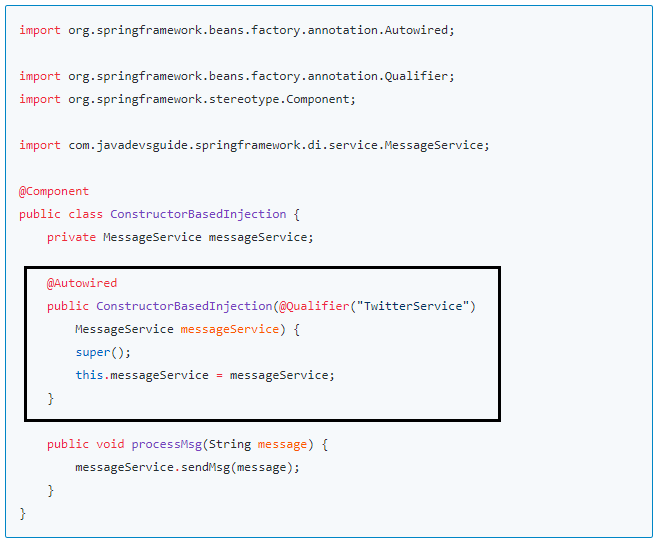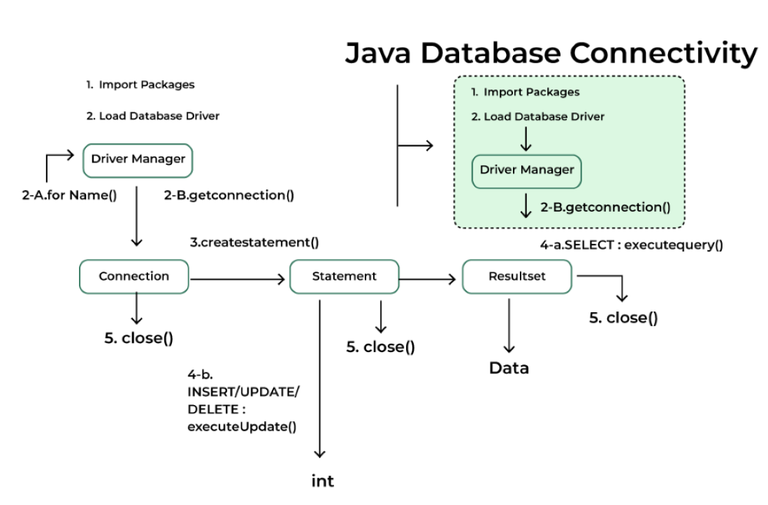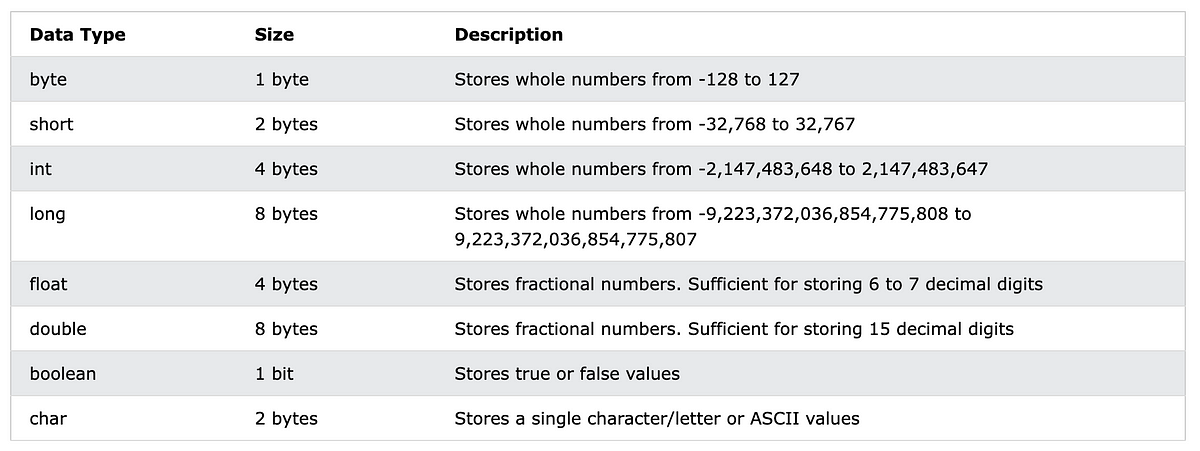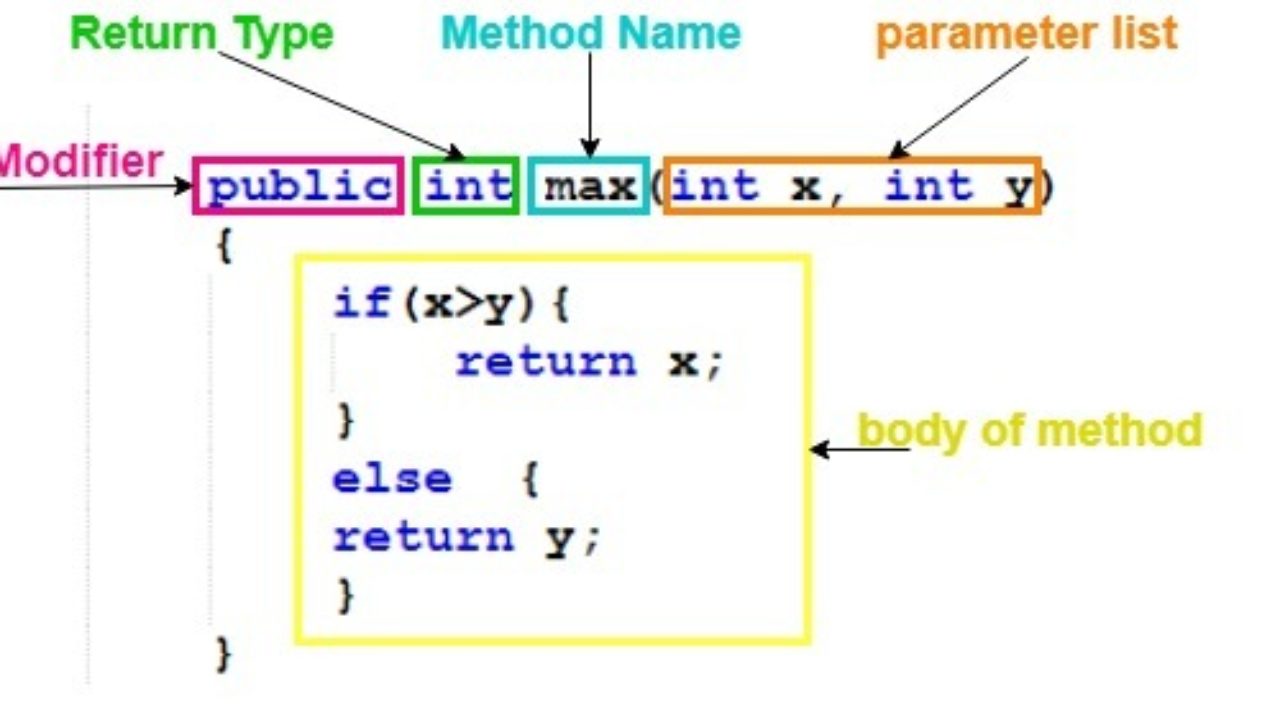Where to learn Java for free
Where to learn Java for free
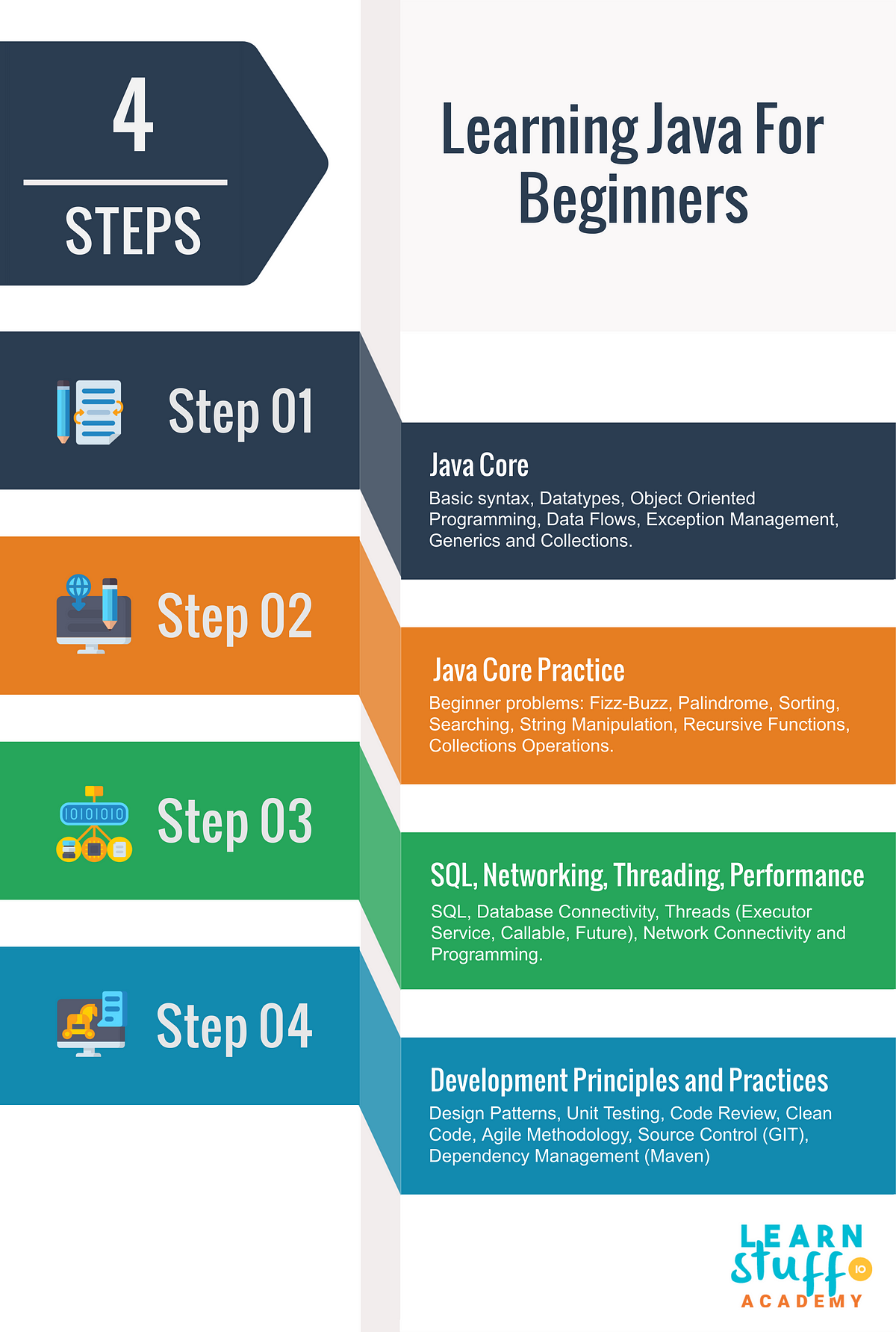
I'll be happy to help you with that!

Learning Java for free can be a bit challenging, but there are plenty of resources available online to get started. Here's a list of some of the most popular and reliable sources:
Codecademy: Codecademy offers a comprehensive Java course covering basic syntax, data types, control structures, functions, and more. The course includes hands-on exercises and projects to help you practice. Coursera: Coursera is an online learning platform that partners with top universities worldwide. You can enroll in their Java courses, which cover topics such as object-oriented programming, exception handling, and GUI development. edX: edX offers a range of Java courses from leading institutions like Harvard and MIT. Their courses are self-paced and include interactive exercises, quizzes, and projects. Oracle University: Oracle University is the official online learning platform for Oracle, one of the largest software companies in the world. They offer free tutorials, articles, and sample code to get started with Java. Udemy: Udemy is an e-learning platform that offers a vast array of courses on various topics, including Java programming. You can find both beginner-friendly and advanced courses on the subject.
Remember, while these resources are great starting points, they may not provide the same level of guidance as a paid online course or professional training program. However, they're an excellent way to get started with learning Java without spending a dime!
Happy coding!
How to learn Java step by step
Here's a step-by-step guide on how to learn Java:
Step 1: Get Familiar with the Basics
Start by understanding what Java is and its importance in the programming world. Learn about the history of Java, its features, and its applications.
Watch introductory videos or tutorials that explain the basics of Java. Read online resources, such as Wikipedia, to understand the language's syntax, data types, variables, operators, control structures, functions, arrays, etc.Step 2: Set Up Your Environment
Install a Java Development Kit (JDK) and an Integrated Development Environment (IDE) on your computer. Some popular IDEs for Java include Eclipse, NetBeans, and IntelliJ IDEA.
Download the JDK from Oracle's official website. Install the JDK and set the environment variables accordingly. Choose an IDE that suits your needs, and install it on your computer.Step 3: Learn the Syntax
Start learning the syntax of Java by writing simple programs. Start with basic programs like "Hello World" and gradually move on to more complex ones.
Write a simple program in Java that prints "Hello World" to the console. Experiment with different data types, variables, operators, control structures, functions, arrays, etc. Learn about object-oriented programming concepts like classes, objects, inheritance, polymorphism, etc.Step 4: Practice with Real-World Projects
Apply your knowledge by working on real-world projects. Start with small projects and gradually move on to more complex ones.
Create a simple calculator program that takes user input and performs arithmetic operations. Develop a program that allows users to play a game like Tic-Tac-Toe or Hangman. Create a simple chatbot that responds to user queries.Step 5: Learn from Online Resources
Take advantage of online resources, including tutorials, videos, blogs, and forums. Some popular online resources for learning Java include:
Oracle's official Java tutorials Codecademy's Java course Udemy's Java courses Coursera's Java courses edX's Java coursesStep 6: Join Online Communities
Join online communities like Reddit's r/learnjava, Stack Overflow, and GitHub to connect with other Java programmers.
Ask questions and get answers from experienced developers. Share your projects and get feedback from others. Learn from the experiences of others and avoid common mistakes.Step 7: Read Books and Documentation
Read books on Java programming and consult official documentation like Oracle's Java API documentation.
"Head First Java" by Kathy Sierra and Bert Bates "Java: A Beginner's Guide" by John Zukowski "Thinking in Java" by Bruce Eckel Oracle's official Java API documentationStep 8: Take Online Courses
Take online courses that cover advanced topics like Java EE, Spring, Hibernate, and Android app development.
Udemy's Java courses on Android app development Coursera's courses on Java EE and Spring edX's courses on Java programming and Android app developmentStep 9: Participate in Coding Challenges
Participate in coding challenges like HackerRank, LeetCode, and CodeWars to improve your problem-solving skills.
Start with simple challenges and gradually move on to more complex ones. Learn from the feedback you receive from others. Improve your coding speed and accuracy.Step 10: Build a Personal Project
Build a personal project that showcases your Java programming skills. This can be a web application, mobile app, or desktop application.
Choose a project idea that interests you. Design and implement your project using Java. Share your project on GitHub or other platforms to get feedback from others.Remember, learning Java requires dedication, persistence, and practice. Start with the basics, build projects, and gradually move on to more advanced topics. Good luck!
